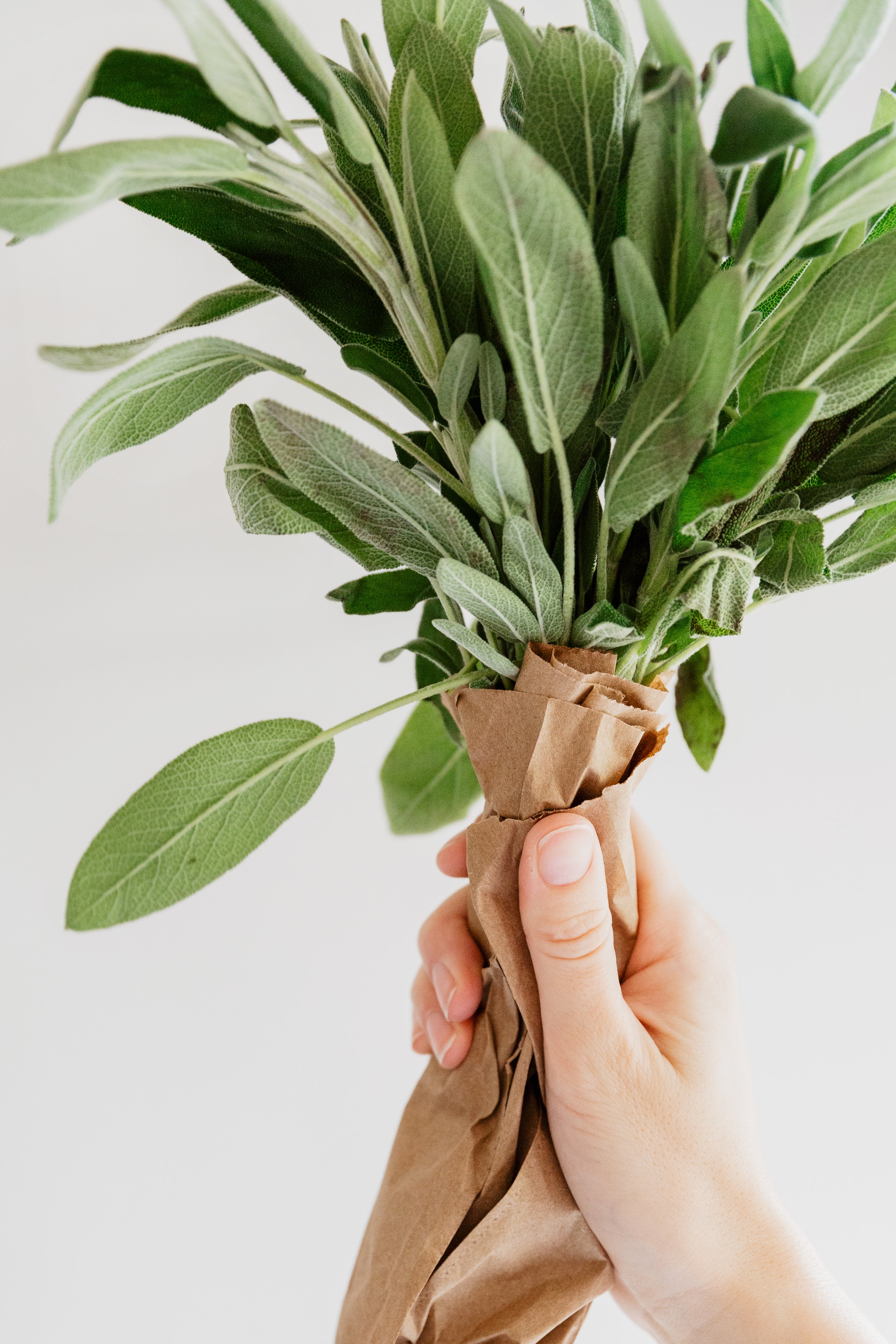A Natural Ally for Modern Stress
Daily life can be overwhelming—tight schedules, constant digital noise, and performance pressure often leave us feeling mentally drained and physically fatigued. This is where Rhodiola Rosea, an adaptogenic herb native to cold, mountainous regions, shines. For centuries, it has been valued for enhancing resilience, balancing mood, and supporting energy.
Today, researchers and health enthusiasts alike explore how Rhodiola works on the brain, stress response, and energy production—making it a versatile choice for busy students, working professionals, and aging adults.
But beyond capsules, Rhodiola can also be enjoyed in teas, tinctures, and even recipes. Let’s break down how it works and how you can use it daily.
How Does Rhodiola Rosea Work in the Body?
1. Supporting Brain Health and Cognitive Function
Rhodiola contains active compounds like rosavin and salidroside, which interact with neurotransmitters such as serotonin, dopamine, and norepinephrine. By balancing these brain chemicals, Rhodiola helps sharpen focus, improve memory retention, and enhance learning ability.

For students or professionals, this means improved mental clarity and reduced brain fog, especially during times of cognitive overload.
2. Reducing Daily Stress with Adaptogenic Power
As an adaptogen, Rhodiola helps the body adapt to stress. It regulates the HPA axis (hypothalamic–pituitary–adrenal system), which controls stress hormone production. By reducing excessive cortisol release, Rhodiola prevents stress from overwhelming both the mind and body.
This makes it valuable not only for mental health but also for preventing fatigue, poor sleep, and energy crashes linked to prolonged stress.
3. Enhancing Energy and Productivity
On a cellular level, Rhodiola supports ATP production, the body’s energy currency. It also influences AMPK pathways, boosting metabolism and fat-burning efficiency. This means more sustainable energy—not jittery spikes like coffee provides, but steady stamina throughout the day.

For athletes or those with active lifestyles, Rhodiola supports endurance, recovery, and reduced exercise fatigue.
Rhodiola Rosea Across Different Ages
-
Students and Young Adults → Improved focus and stress management during exams or career beginnings.
-
Busy Professionals → Sustained productivity, sharper decision-making, and resilience to burnout.
-
Older Adults → Memory support, reduced age-related cognitive decline, and energy for daily activities.

Supplements: The Most Convenient Form
For most people, capsules or tablets are the easiest way to add Rhodiola into a routine. Standardized extracts ensure you get consistent levels of rosavin and salidroside—compounds responsible for its adaptogenic effects.

Supplements are ideal for those with limited time, travel schedules, or difficulty preparing herbal teas daily.
Beyond Supplements: Enjoying Rhodiola as Tea and Recipes
While capsules are convenient, Rhodiola can also be enjoyed traditionally in food and drinks:
Rhodiola Tea
-
Steep dried Rhodiola root in hot water for 10–15 minutes.

-
A warming tea that helps calm the nervous system and sustain energy through the afternoon slump.
Rhodiola Honey Infusion
-
Mix powdered Rhodiola root into raw honey.
-
A spoonful in warm water creates a natural stress-relief drink.
Smoothies with Rhodiola Powder
-
Add a teaspoon of Rhodiola powder to fruit or green smoothies.
-
Pairs well with maca root, cacao, or spinach for an energy-focused blend.
Soups or Herbal Broths
-
In traditional practices, Rhodiola roots were sometimes simmered in broths.
-
Today, it can be combined with miso soup or herbal vegetable stock for a wellness-focused meal.
These options let you enjoy Rhodiola in diverse ways, but keep in mind that potency varies. That’s why capsules remain the most reliable choice for consistent results.
Combining Rhodiola with Other All-in-One Supplements
Rhodiola Rosea works even better when paired with complementary ingredients in all-in-one wellness formulas:
-
Ashwagandha → Doubles stress resilience.
-
Ginseng → Enhances energy and stamina.
-
Lion’s Mane Mushroom → Boosts brain plasticity and memory.

-
Magnesium + B vitamins → Improves focus and nervous system balance.
Such combinations ensure comprehensive support for mind, energy, and mood in one routine.
Frequently Asked Questions (FAQ)
1. Can Rhodiola Rosea be taken daily?
Yes, most people benefit from daily use. Supplements provide standardized dosages that are safe for long-term balance.
2. Is Rhodiola tea as effective as capsules?
Tea offers mild benefits, but capsules deliver more consistent potency because extracts are standardized.
3. Can Rhodiola improve sleep?
While not a sedative, by lowering stress and balancing cortisol, Rhodiola can indirectly promote better sleep quality.
4. Who should avoid Rhodiola?
Pregnant or breastfeeding women and people on certain medications should consult a healthcare provider first.
5. What’s the best time to take Rhodiola?
Morning or early afternoon is best, as it boosts energy and focus during the day.
Conclusion: Nature’s Adaptogen for Modern Life
Rhodiola Rosea isn’t just another herb—it’s a proven adaptogen that supports brain health, reduces stress, and fuels energy for everyday performance. Whether you choose capsules for convenience, teas for tradition, or creative recipes for variety, Rhodiola adapts to your lifestyle needs.

By making it part of your daily routine—alone or in an all-in-one formula—you can unlock sharper thinking, steadier energy, and stronger stress resilience.






0 comments